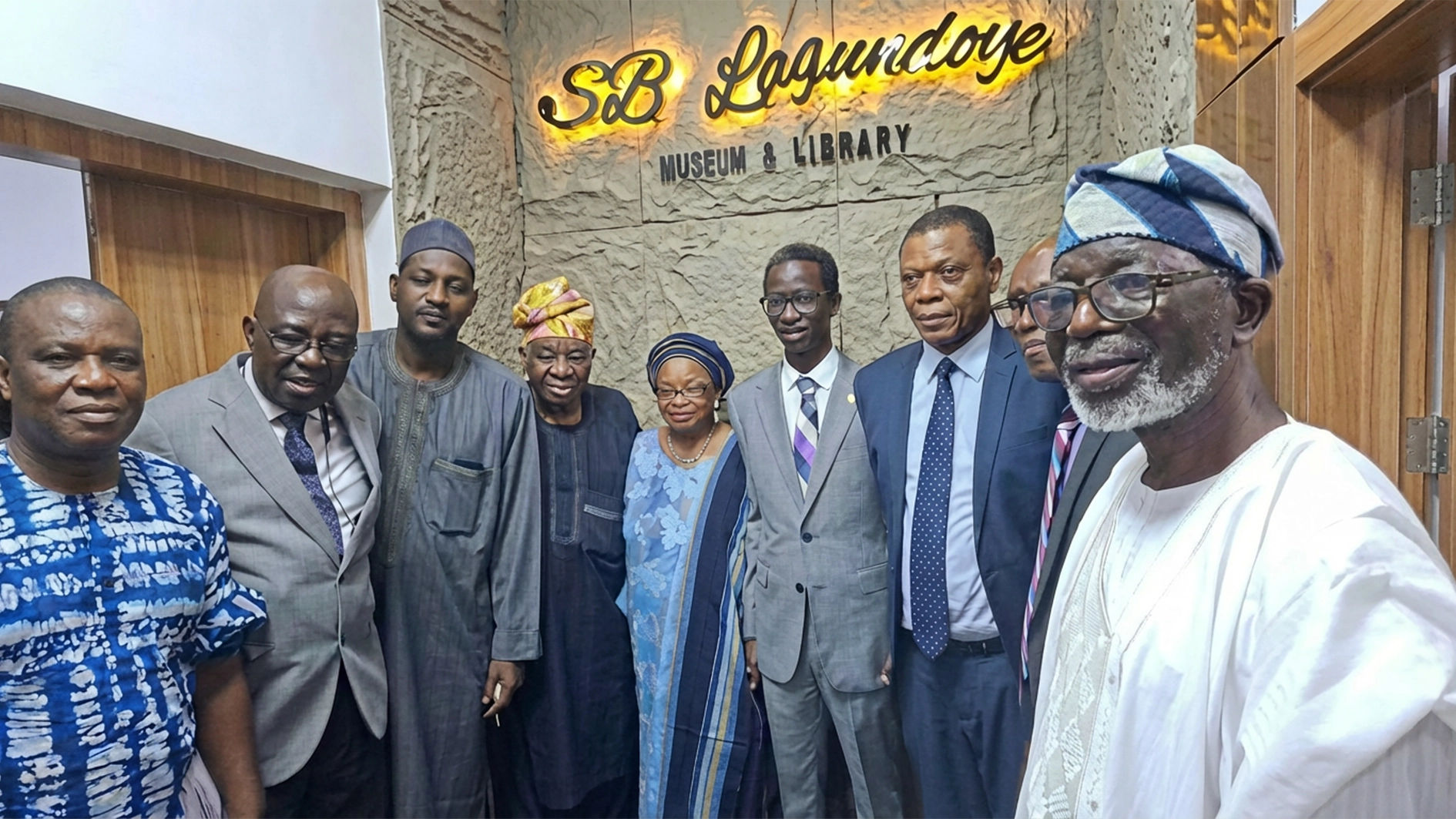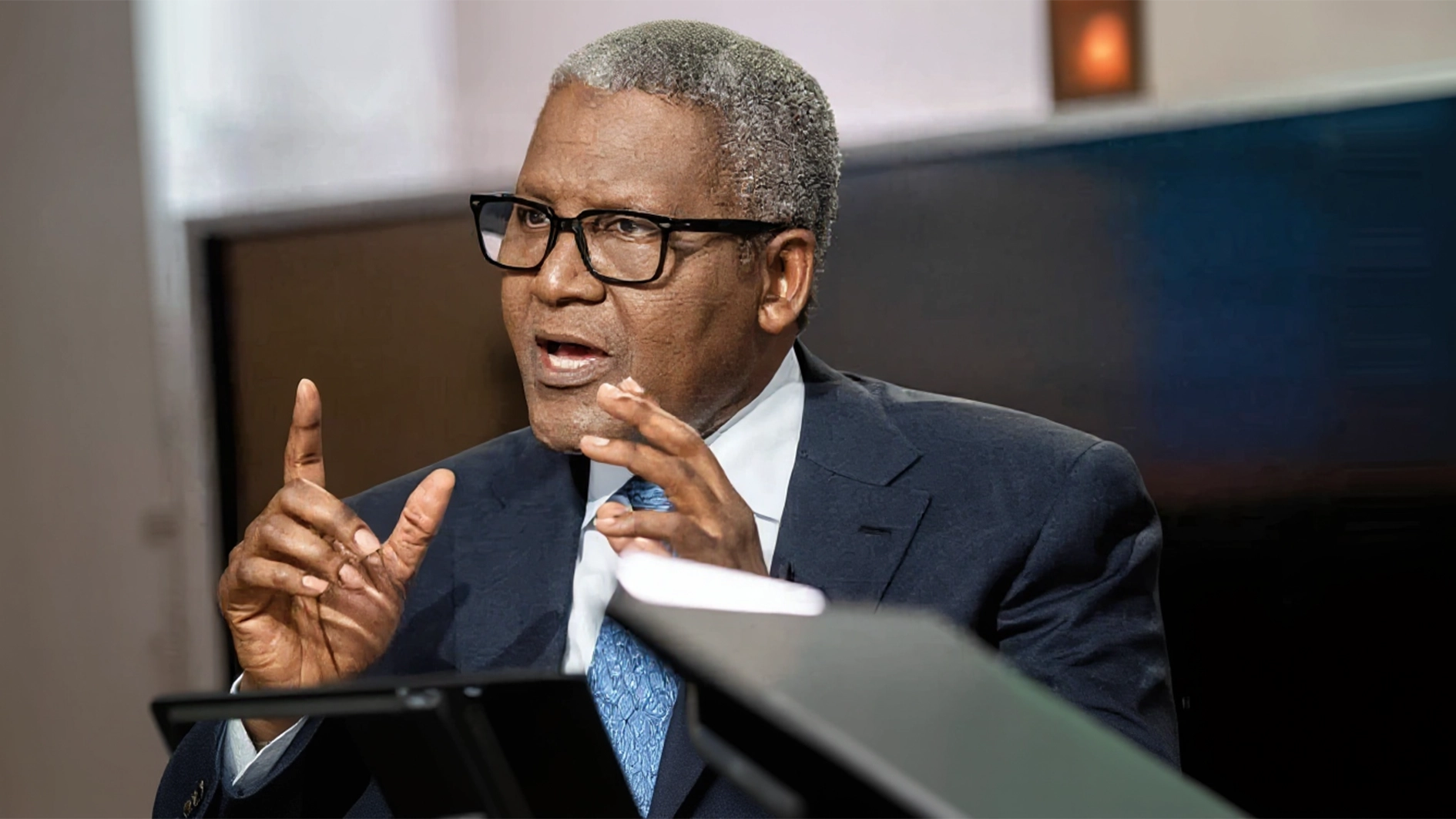Parenting and education experts have called for renewed global attention to strengthening children’s emotional intelligence, warning that increasing digital exposure and screen dependence are gradually reshaping how young people learn, communicate, and relate to others in today’s hyperconnected world.
The call came during a virtual global dialogue on motherhood themed “Global Motherhood: Raising Emotionally Intelligent Kids in the Digital Age,” organised by the WuraIsGold Charity Foundation, a non-profit focused on child development and maternal empowerment.
Speaking at the event, the Chief Executive Officer of the foundation, Wuraola Onigbogi-Jackson, said the dialogue was part of the organisation’s mission to equip parents, educators, and caregivers with evidence-based strategies for nurturing emotional and social well-being in children increasingly raised in digital ecosystems.
“Emotional intelligence is not just a soft skill—it’s a survival skill in the 21st century,” Onigbogi-Jackson said. “If we don’t teach our children empathy, self-awareness, and resilience early, the digital space will shape them before we do.”
Beyond Technology: Reclaiming Human Connection
Delivering the keynote address, Dr Oluwakemi Olurinola, an education technologist and learning consultant, noted that while technology has revolutionised access to education, it has also diminished interpersonal connection and emotional depth—key elements of childhood development.
Her paper, titled “The Empathy Equation: Beyond the Screen – Building Connection in the Virtual Classroom,” explored how digital learning tools, though powerful, can subtly encourage emotional detachment when not intentionally balanced with real-world interaction.
“We must set goals beyond the screen,” Olurinola said. “Children should not only adapt to technology but also learn to feel, connect, and communicate. Digital learning should promote empathy, not diminish it.”
She urged educators to integrate social-emotional learning (SEL) frameworks into virtual classrooms, adding that the future of education depends on “blending digital competence with emotional competence.”
Emotional Literacy and Parental Modelling
A high-level panel featuring experts in mental health, early childhood education, and family systems shared practical insights on raising emotionally balanced children in a digital-first world.
Panellists included Dr Adetoun Faloye, a psychiatrist with NHS England; Pastor Kachi Zimughan, a parenting coach; Camille Tyan Mahendra, founder of Interracial Family Singapore; Mrs Alolade Oyebamiji, a US-based early childhood education specialist; and Abimbola Ayoade-Obayan, a UK-based English educator. The session was moderated by Sharon Chiahemen, a social impact leader and communications strategist.
Dr Faloye emphasised that many African households lack deliberate teaching of emotional intelligence skills such as self-regulation, empathy, and active listening, leaving children ill-equipped to manage emotions in both offline and online spaces.
“Children can use screens without losing their humanity,” she said. “What we must do is guide them to be emotionally literate—to name, understand, and express their feelings constructively.”
Other speakers highlighted the need for parents to model emotional awareness, maintain open lines of communication, and set consistent screen boundaries. Pastor Zimughan added that “technology is not the enemy; disconnection is,” urging parents to balance digital learning with physical play, outdoor experiences, and shared family routines.
During the interactive session, many parents expressed deep concerns about the growing emotional and social cost of digital dependence, including shortened attention spans, increased irritability, and declining interest in real-life friendships among children.
“It’s not just about gadgets,” one parent noted. “We’re seeing kids who struggle to read emotions, hold conversations, or cope with boredom. That’s a red flag for the future.”
Experts at the event agreed that while digital tools can enhance creativity and global exposure, they must be complemented by intentional parenting and structured offline engagement to build emotional resilience and empathy.
Onigbogi-Jackson announced that the dialogue was the first in a series of global parenting initiatives by the WuraIsGold Charity Foundation aimed at helping families raise socially conscious, emotionally intelligent, and resilient children in the digital age.
The foundation plans to roll out training workshops, community mentorships, and research collaborations to support caregivers, teachers, and policy advocates in integrating emotional intelligence into both classroom and home learning environments.
“Our children are digital natives,” she added, “but they must also be emotionally grounded citizens. The balance between the two will define the quality of future leadership, empathy, and innovation.”






